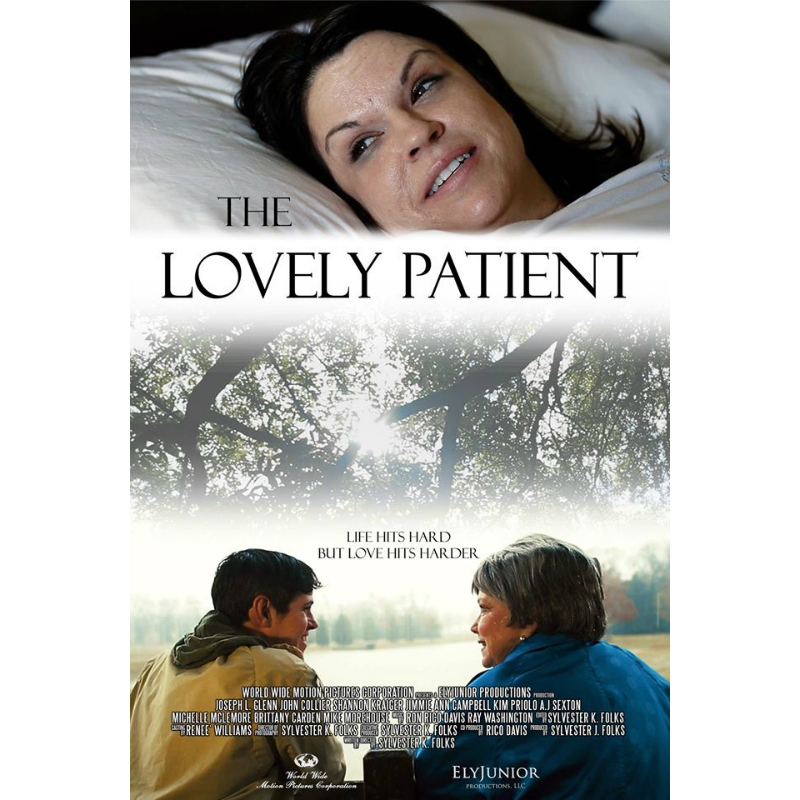
To celebrate this Women’s History Month, we acknowledge the work of many female actresses and filmmakers set to make a difference in the film world.
It is clear that women have come very far in the course of history. When pertaining to the film industry, women have heavily influenced the progression of film as a form of entertainment and as a form of art.
The first woman to direct a full-length feature film was Lois Weber. She was also a silent film actress is credited for being the first to use the “split screen” method where there is a visible division of the screen, typically in half, to show simultaneous action.
Weber was an important part of early Hollywood and the role of women in it. She was determined to make a difference with her work. Her best-known films today include: Suspense (1913), Merchant of Venice (1914), and Hypocrites (1915). Weber often spoke of using motion pictures as a “means of achieving political change, aspiring to produce work that will have an influence for good on the public mind.”
Lois Weber was “rediscovered” in the 1970’s by historians who described her as a “director who lost her way in history.” However, she is not the only woman in the industry who may have been under-appreciated.
Tamar Simon Hoffs, best known for her work in the film Red Roses and Petrol (2003), distributed by World Wide Motion Pictures, is an award winning director, writer, and producer. In 1987, she was the first woman to receive credit for all three of those positions for the major studio film, The Allnighter (1987).
Nadia Tass is another female director known for her film, Amy (1997), which won 10 awards at various film festivals.
Something that makes today’s women in the industry different is their spreading of public awareness of these women, who were under-appreciated and disrespected.
Female actresses have stepped up to the plate in terms of demanding equal treatment in the industry. Golden Globe and Oscar winner Jennifer Lawrence wrote an essay on a topic that she kept quiet about for a long time throughout her career: feminism.
Lawrence stated that her compensation for the film American Hustle (2013) was much less than her male co-stars but she didn’t want to come off as spoiled by saying something and chose to avoid the conversation. However, she then realized that “every man” she’s worked with never had to worry about how they were perceived during discussions. Therefore, why should she?
This issue has lead to the question of whether or not women need to be likable to earn respect, especially in the film industry. There is a list of actresses who have spoken up on the issue, such as Meryl Streep and Emma Thompson.
However, men still dominate the film industry. A study made in 2014 by the Center for the Study of Women in Television and Film at San Diego State University showed that 85% of films had no women directors and 33% had no women producers.
There is a 5 to 1 ratio of men working on films to women. Forbes 2013 list of the top ten highest paid actresses made an average of $181 million, versus the $465 million made by the top ten male actors.
The film industry has a long way to go in terms of equalizing the obstacles faced by female actresses and filmmakers, but with people speaking out, it is doubtless that a change will be made over time in order to give women the credit they deserve.





